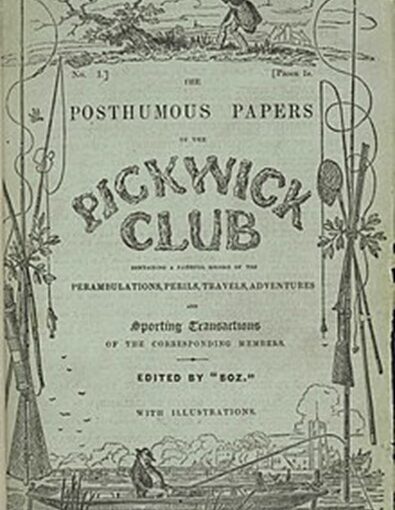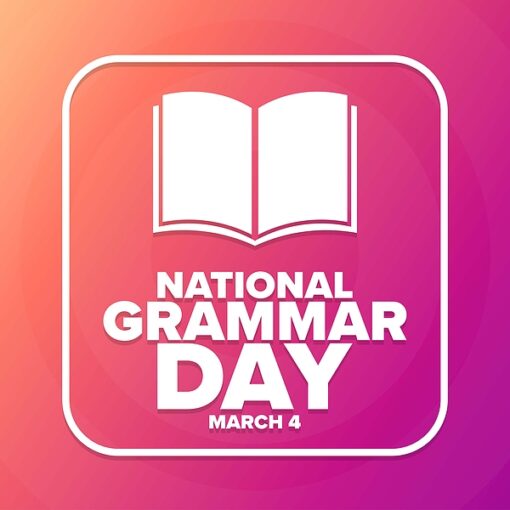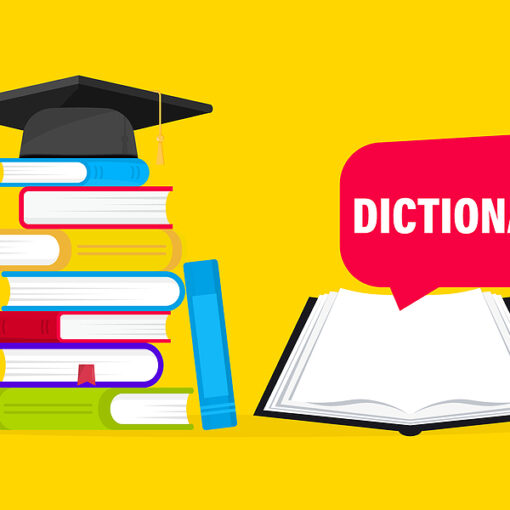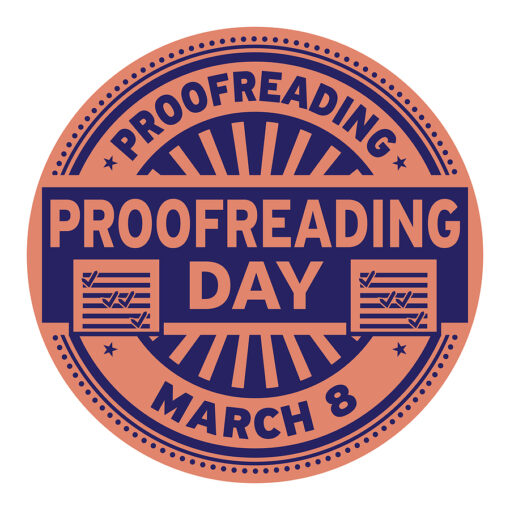There was no discrete dividing line between Old English, according to John McWhorter in The Power of Babel, which as spoken would have taken days to recognize as related to what we speak, and “English” as we know it.
As it happened, Shakespeare wrote in a period (1500s becoming 1600s) when English was just becoming what we recognize as “our language.” In fact, English has what McWhorter calls a stunningly bastard vocabulary caused by traumatic events.
Where It All Started
For a millennium, conquerors influenced the people of the British Isles with different cultures and languages. At the start of the period, Britain was inhabited by Celtic peoples. The Romans called them Britones, so they named the area they conquered Britannia. Caldondians, Irish (Gaels) and Picts lived in what is now Scotland. Common Brittonic or Old Britonic was an ancient language of the Celtic people.
The Latin spoken in the British Isles during and shortly after the Roman occupation (43 – 410 AD) left numerous trace words in British Celtic, but Vulgar Latin (colloquial Latin spoken by the local population) in Britain died out as an everyday spoken language.
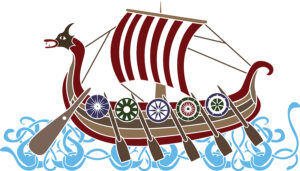
How England Became England
North Sea Germanic peoples, including Angles, Saxons, Jutes, and Frisians (from northwest Germany, southern Denmark and the Netherlands), arrived during the 5th and 6th centuries. The language they spoke, Anglo-Saxon, is what we know as Old English. (Dutch and its close relative Frisian remain the languages closest to English today.) Old English reflected the varied origins of the Anglo-Saxon kingdoms established in different southern parts of Britain, and at this time the country became known as England (Angle-land). The invaders spread westward across Britain, leaving only Cornwall and Wales in the southern part and northern England and the southern Scottish highlands inhabited by the Celtic Britons. By the 6th Century in the highland zone, the Britonic languages split into Welsh, Cumbric, Cornish and Breton.
Almost all of the Anglo-Saxon/Old English words were short, one to two syllables, including such as above, ale, bath, blood, door, each, if, in, honey, king, kiss, knife, of, on, name, now, queen, quick, rain, read, ride, right, say, see, sword, thank, think, today, tomorrow, under, up, us, yard, year, yes, and you.
Here Come the Vikings
Vikings invaded and settled in the northern half of Britain starting in 787 through approximately 1050 and spoke Old Norse, which is an ancestor of today’s Scandinavian languages and another Germanic dialect. They brought about a thousand words into the English language, most of them one or two syllables also. Currently, the Vikings are responsible for about 400 of the most frequently used terms in English and consist of everyday words denoting objects or actions, like are, again, both, bloom, bread, dream, dwell, farm, flat, garden, get, give, gift, happy, hill, husband, low, odd, queasy, same, skirt, sky, skin, to be, was, and were.
Because of the vandalism and destruction that usually followed in their wake, the Vikings contributed negative words as well: angry, awe, awkward, backward, bad, die, drown, enthrall, fright, grief, foul, rotten, swap, scathe, scream, strike, sorrow, thwart, ugly, waive, weak, and wrong
I find it interesting that they’re also responsible not only for some of our basic pronouns (he, him, her, both, their, they, them), but the names of most of the days of the week influenced by Norse gods: Tuesday, Wednesday, Thursday, and Friday. Names and place name from Norse mythology are often used as inspiration for electronic games, such as Halo, Final Fantasy and World of Warcraft, games played by millions of people.
And, finally, the Normans
Then, in 1066, the death of the elderly English King, Edward the Confessor, set off a chain of events that led to the Battle of Hastings and the defeat of King Harald II by Duke William of Normandy. The Norman French took over England for about the next two hundred years. In actuality, these “French” people were really Vikings, who had taken over northwestern France and switched to French over generations. Their ancestry was why these French were called Normans—Norsemen. They introduced about seven-five hundred words.
The volume of ordinary “English” words that originated in France is amazing. Such words as air, bar, beef, blue, carry, chair, change, clear, cry, coast, debt, easy, face, faith, flower, fool, fry, jail, joy, lap, large, mean, move, music, nice, pain, park, poor, push, people, river, roast, save, sign, spy, stew, stomach, tax, trip, and wait became part of the English language.
English Becomes English
“Latinate” terms came after the withdrawal of the French (although borrowed again from the French-Latin base), with the increasing use of English as a language of learning. Thus words were added such as client, exclude, interest, legal, intellect, necessary, pulpit, recipe, scene, and tolerance. And, because the Norman French, as rulers, were especially influential in prestigious realms like government and law, formal words like adjudicate, anatomy, association, and opportunity also were added.
English is Like No Other Language (but you knew that already)
According to McWhorter, our bastard vocabulary also deprives us of an experience quiet ordinary to speakers of most other languages in the world. “Spanish and Portuguese are close enough that if spoken in the same country, they might well be considered dialects of one language. Zulu and Xhosa in South Africa are similar. Dutch and German are just a little more apart than those previously mentioned. Serbs and Bulgarians can manage basic communication. A Hindi speaker could easily learn Bengali and various other related languages.”
English speakers do not have this advantage with any other language on earth. Our vocabulary is so full of foreign words on all levels that there is no language whose basic vocabulary is like ours!
Next up on our journey of learning our language is dialects.

